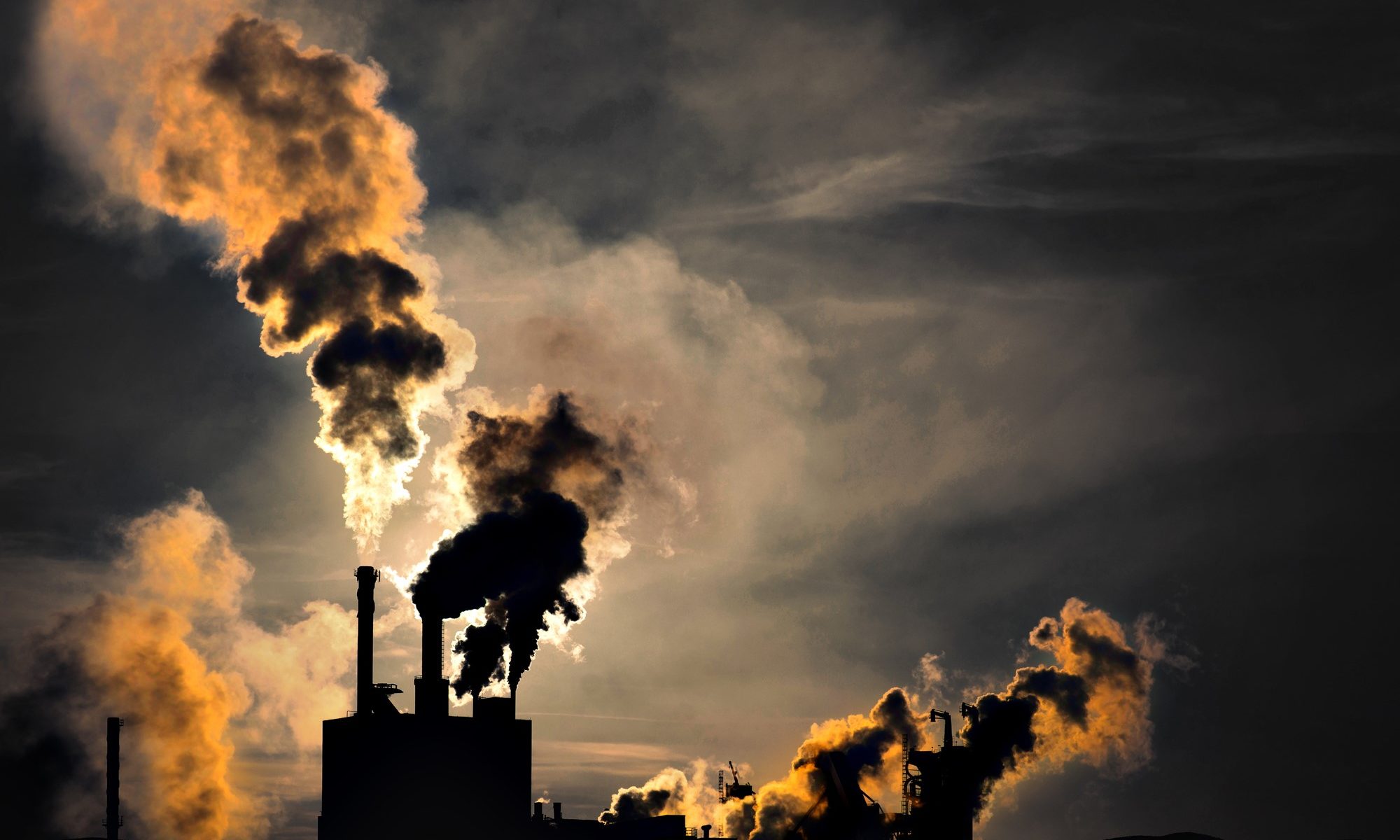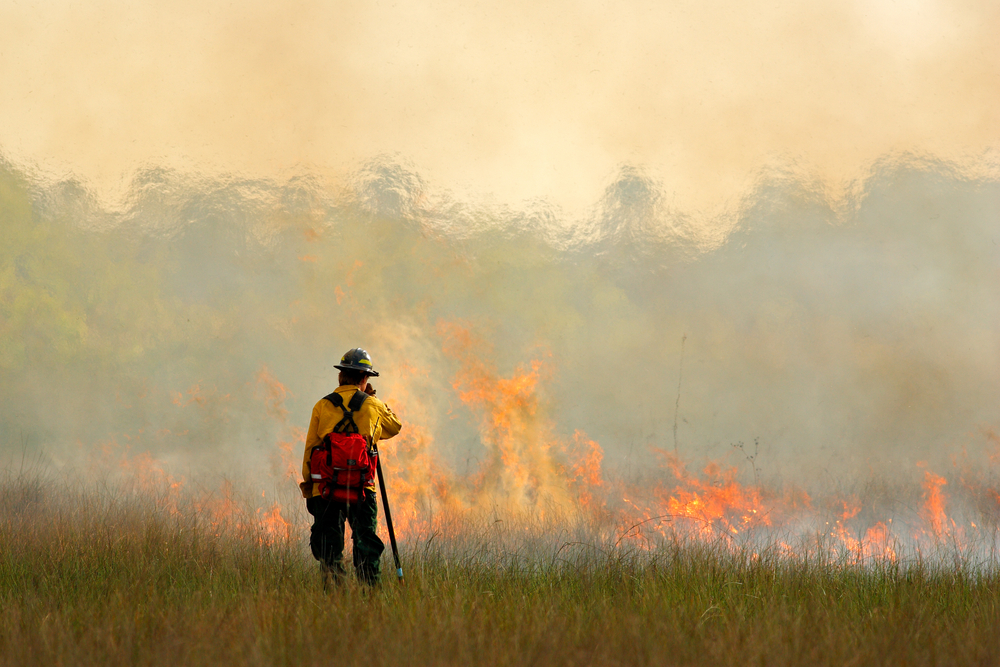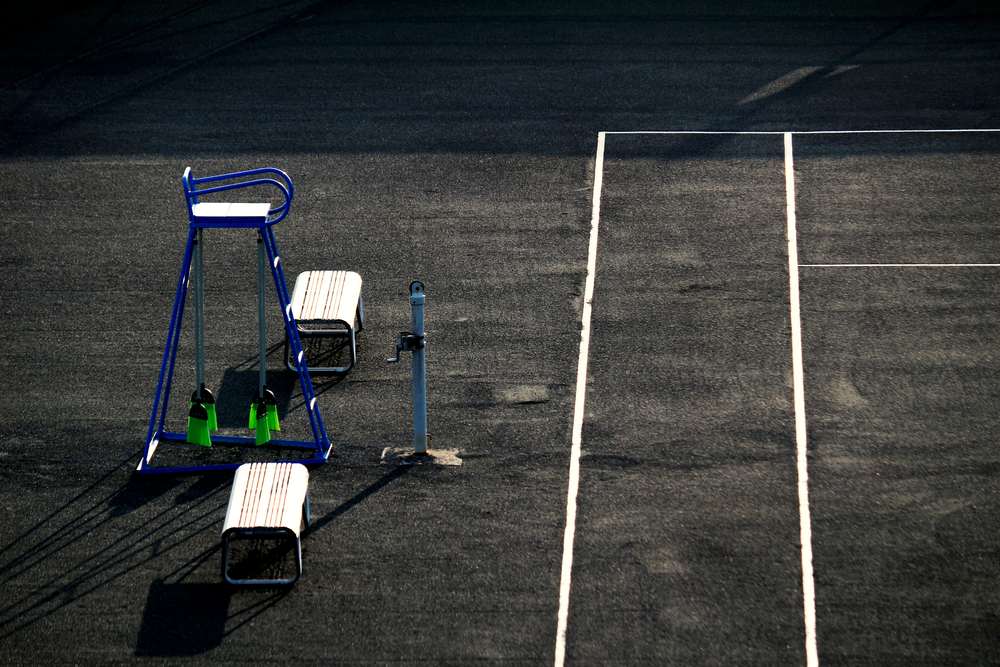Although first uncovered some years ago, a New Zealand newspaper article from 1912 touting the environmental dangers of carbon emissions has again been making the rounds. But why is information like this morally relevant? And what does it mean for the responsibility of particular parties?
Successfully combating the climate crisis will involve huge burdens for certain countries, corporations, and individuals. Some of these burdens will be in the form of mitigation – that is, taking action to do all we can to reduce the effects of climate change. In 2011, nearly all countries agreed to limit the global average temperature rise to no more than 2°C compared to preindustrial levels – the maximum global temperature rise we can tolerate while avoiding the most catastrophic effect of climate changes. According to the Intergovernmental Panel on Climate Change, achieving this with a probability of >66% will require us to keep our global carbon expenditure below 2900GtCO2. As at the time of writing, only 562GtCO2 remains. Note that this is already 2 GtCO2 less than when I wrote another article on climate harms only three weeks ago. In order to ensure we don’t go over budget, certain parties will have to severely reduce their consumption: forgoing the cheap and easily accessible fossil fuels we’ve been exploiting for hundreds of years, and investing heavily in new, cleaner sources of energy.
But there will also be adaptation burdens – that is, costs associated with dealing with the effects of climate change that already exist. Examples of these burdens include building seawalls, fighting floods and fires, and potentially rehoming those who find themselves displaced by extreme weather events and abandoned by their insurance companies.
Usually when a problem creates costs, we look to pass those costs on to the person/s who caused the problem.
Suppose I find a large, deep hole on what I believe to be an empty plot of land adjacent to my property. I then begin to use this hole as a dumping ground for organic waste – grass clippings, tree trimmings, and the like. It seems to be a fortuitous arrangement. I no longer have to pay for the expensive disposal of large amounts of green waste, while at the same time filling in a potential hazard to others. Suppose, however, that a few weeks later I’m approached by an angry neighbor who claims that I’m responsible for going onto their property and filling in their newly dug well. Our intuition would most likely be that if anyone needs to compensate the neighbor for this wrong, it’s me – the one who created the problem. This approach is commonly referred to as the “Polluter Pays Principle.”
In some cases, however, this principle doesn’t apply so well. Suppose that I’m particularly lazy, and instead pay someone to dispose of my green waste in that same hole. In that case it seems less appropriate to place responsibility on the one who is technically doing the polluting (the person I employ). Instead, it still seems apt to make me responsible. Why? Well, even though I’m not the one putting the refuse in the hole, I am the one benefiting from the outcome – disposing of my waste and saving money. This approach is referred to as the “Beneficiary Pays Principle.”
Both of these principles play a huge role in establishing – at the global level – who should take on the mitigation and adaptation burdens required to combat the climate crisis. But they also rely heavily on something we’ve not yet discussed: knowledge.
Consider the application of the Polluter Pays Principle to the well example above. Arguably, we might say that even if I’m responsible for filling the hole, it wouldn’t be right to hold me responsible so long as I had no reasonable idea that it was, in fact, somebody’s well. It seems that I should only be responsible for the actions I take after I’m informed that what I’m doing is wrong. The same is true of the Beneficiary Pays Principle. Suppose that I pay someone to remove the green waste from my property – but have no idea that they are, in fact, dumping it down someone’s well. Once again, this lack of knowledge would seem to make it inappropriate to hold me responsible. Ignorance would be an excuse.
Nineteen-ninety is often held as the watershed hour for the climate crisis. This is when the IPCC issued their first assessment report, and when the world came to officially learn of “climate change” and the existential risk it posed to us.
Countries and corporations often attempt to avoid responsibility for any contribution to the crisis (i.e., carbon emissions) made prior to 1990 – citing ignorance. But it’s a lot more complicated than that.
The Center for International Environmental Law has outlined how Humble Oil (now ExxonMobil) was aware of the impending climate crisis as early as 1957, with the American Petroleum Industry coming into this same information only a year later. By 1968, the U.S. oil industry was receiving warnings from its own scientists about the environmental risks posed by the climate crisis, such that – by the 1980s – these companies were spending millions of dollars to protect their own assets, such as by modifying oil rig designs to account for rising sea levels.
And then there’s that little New Zealand article from 1912. In fact, this is predated by an even earlier warning, with Swedish scientist Svante Arrhenius publishing a paper in 1896 predicting a global increase in temperature as a result of increasing carbon emissions. All of this means that while ignorance might sometimes be an excuse when attributing responsibility, no such ignorance can be claimed by those who have created – and continue to contribute to – the global climate crisis.





